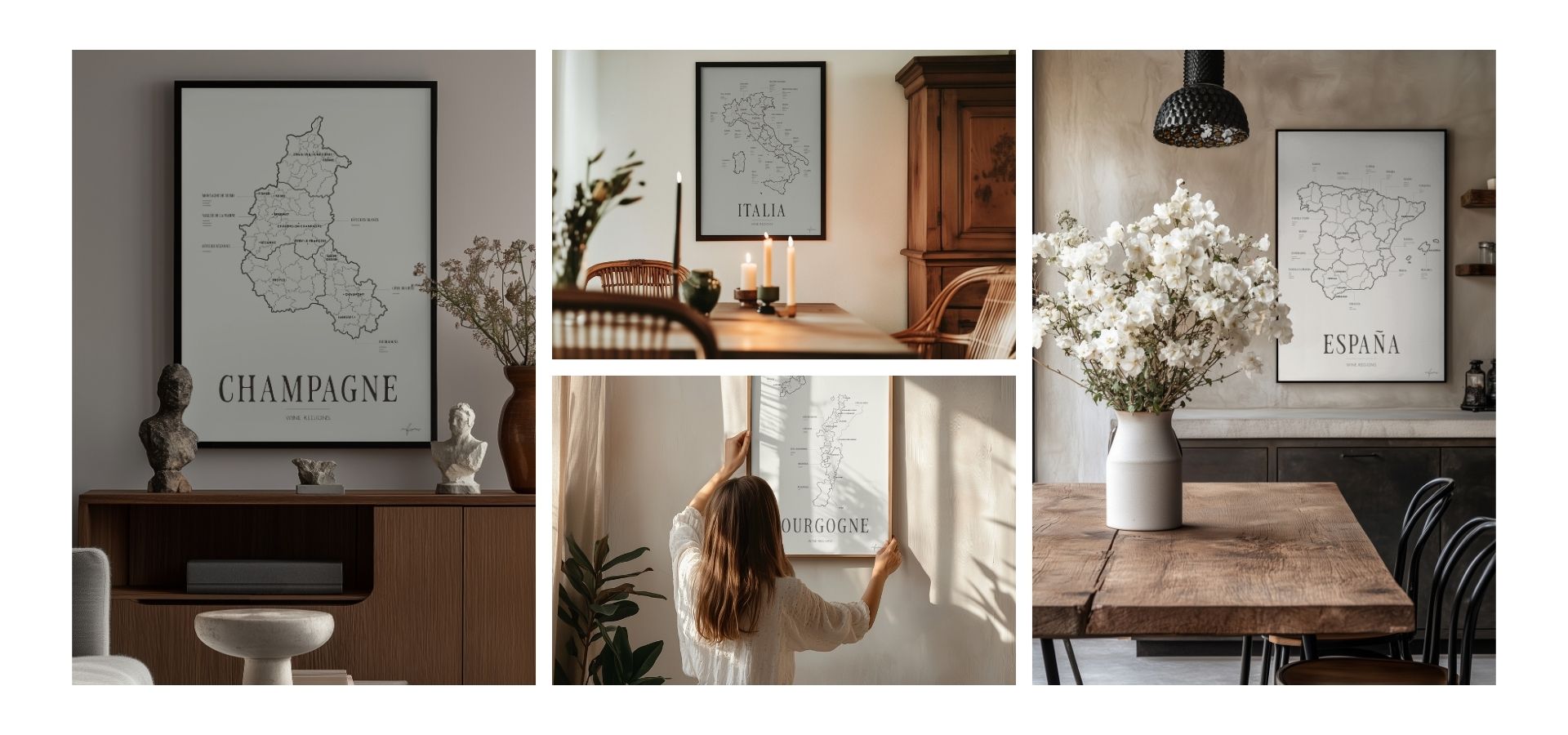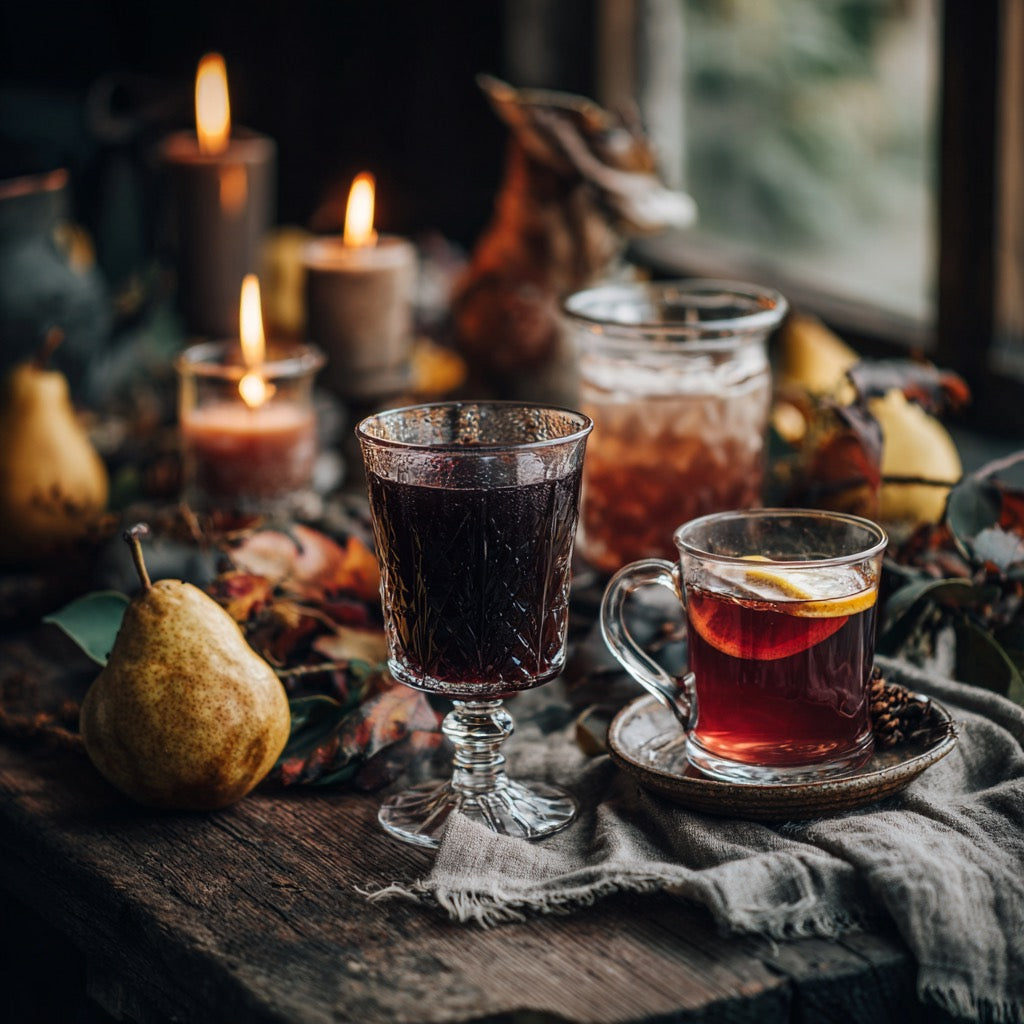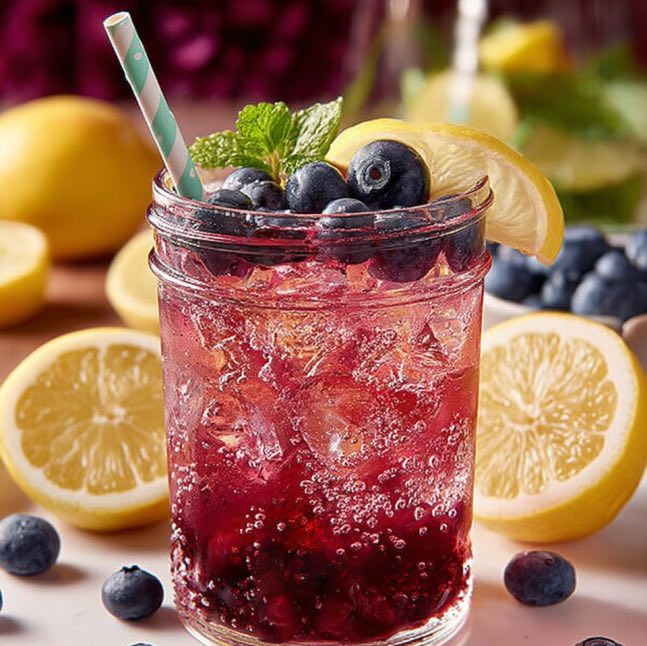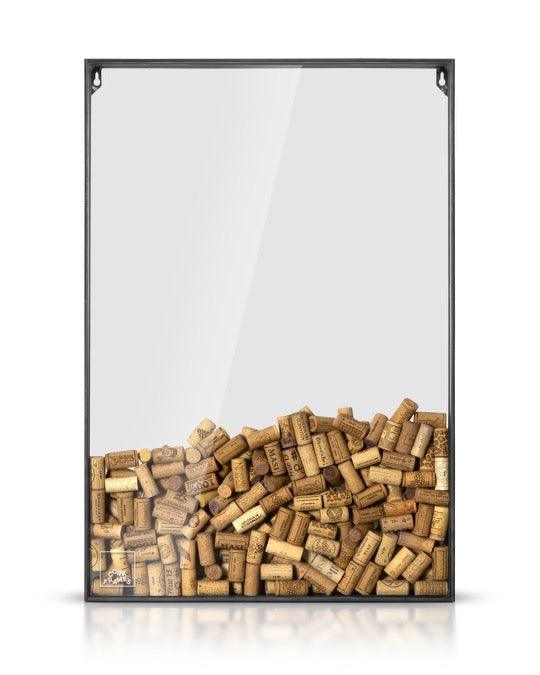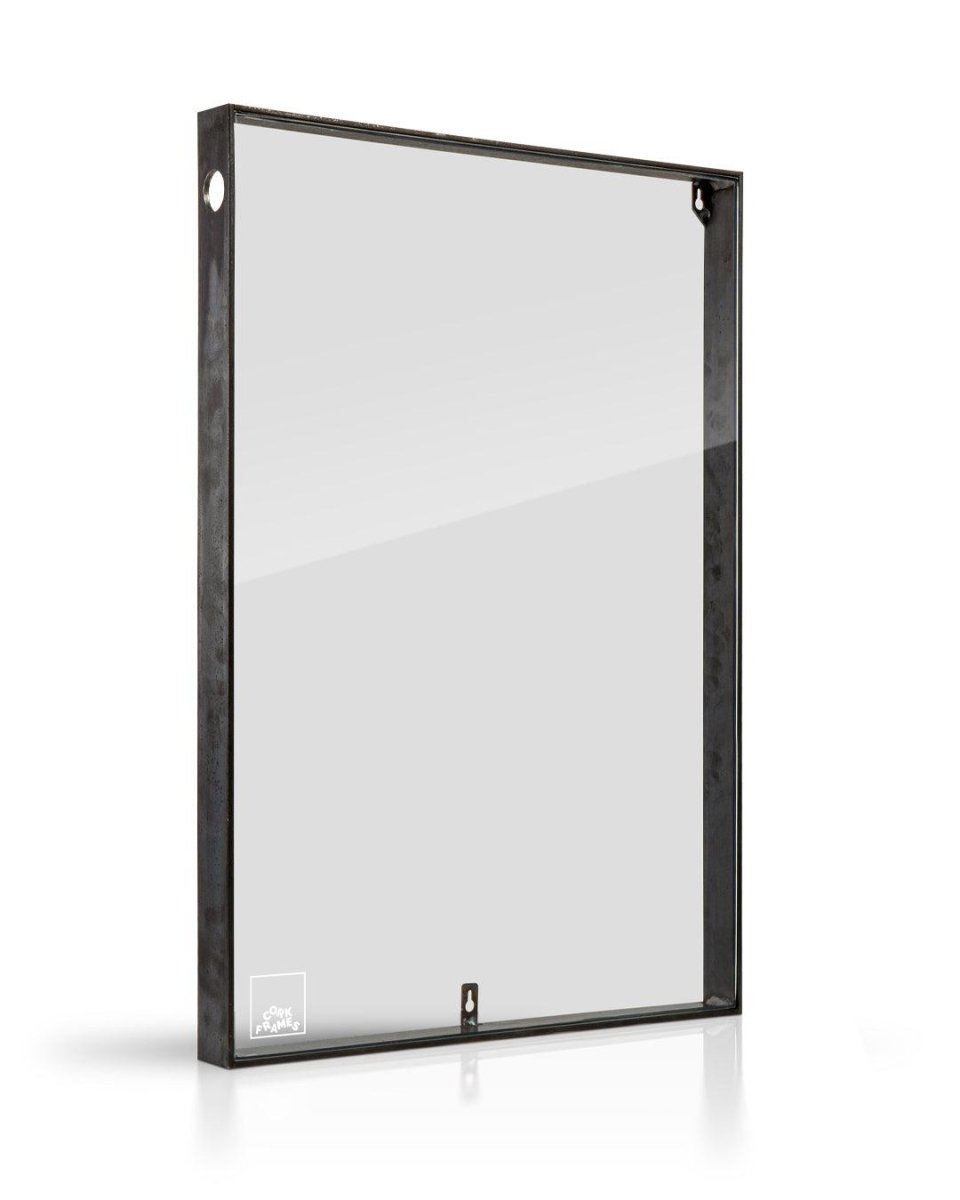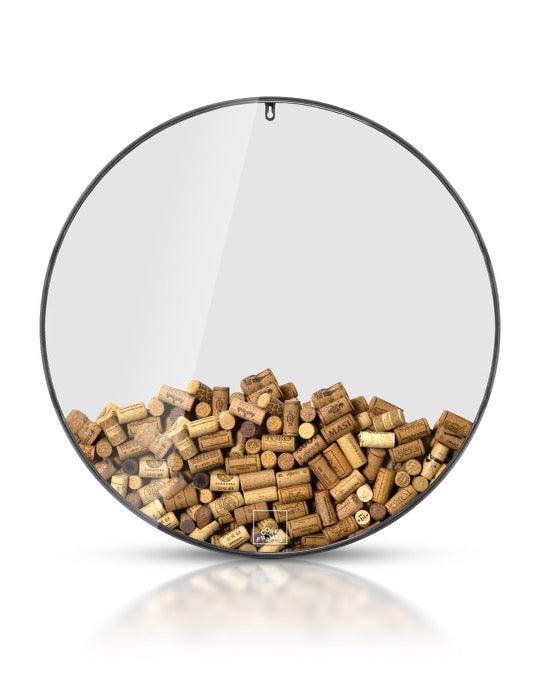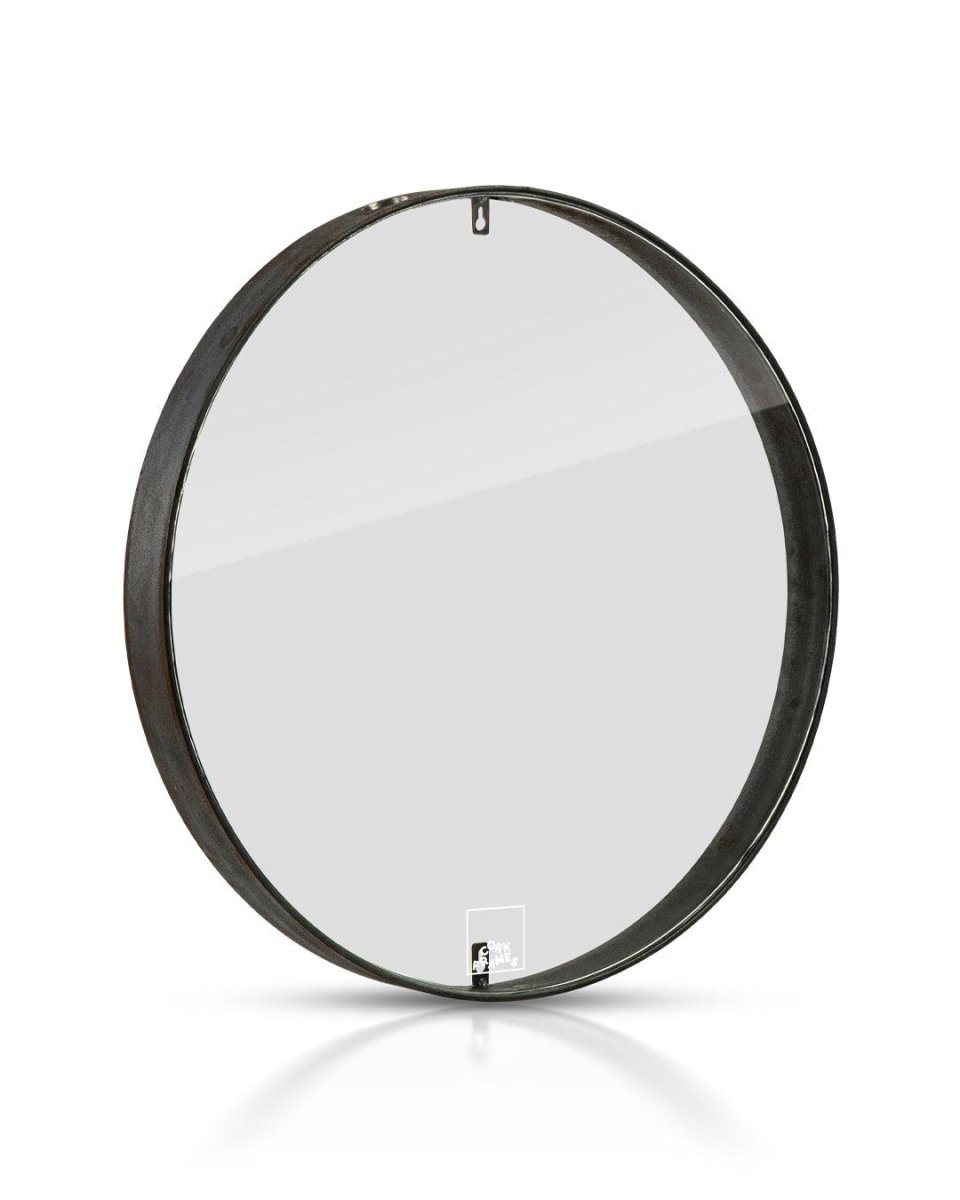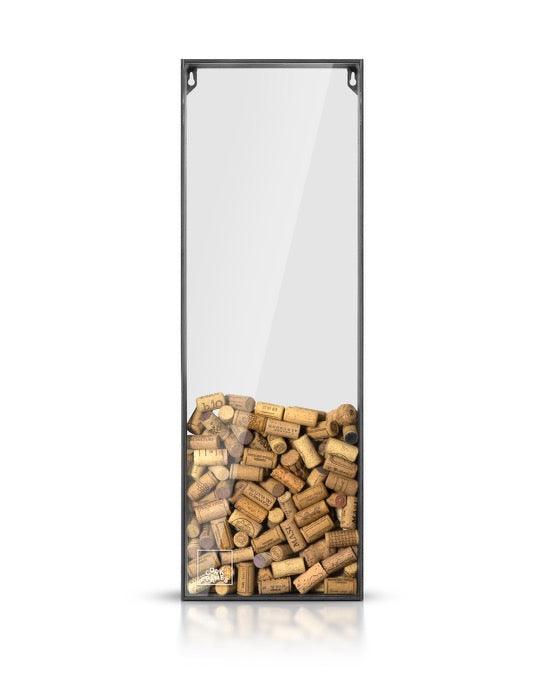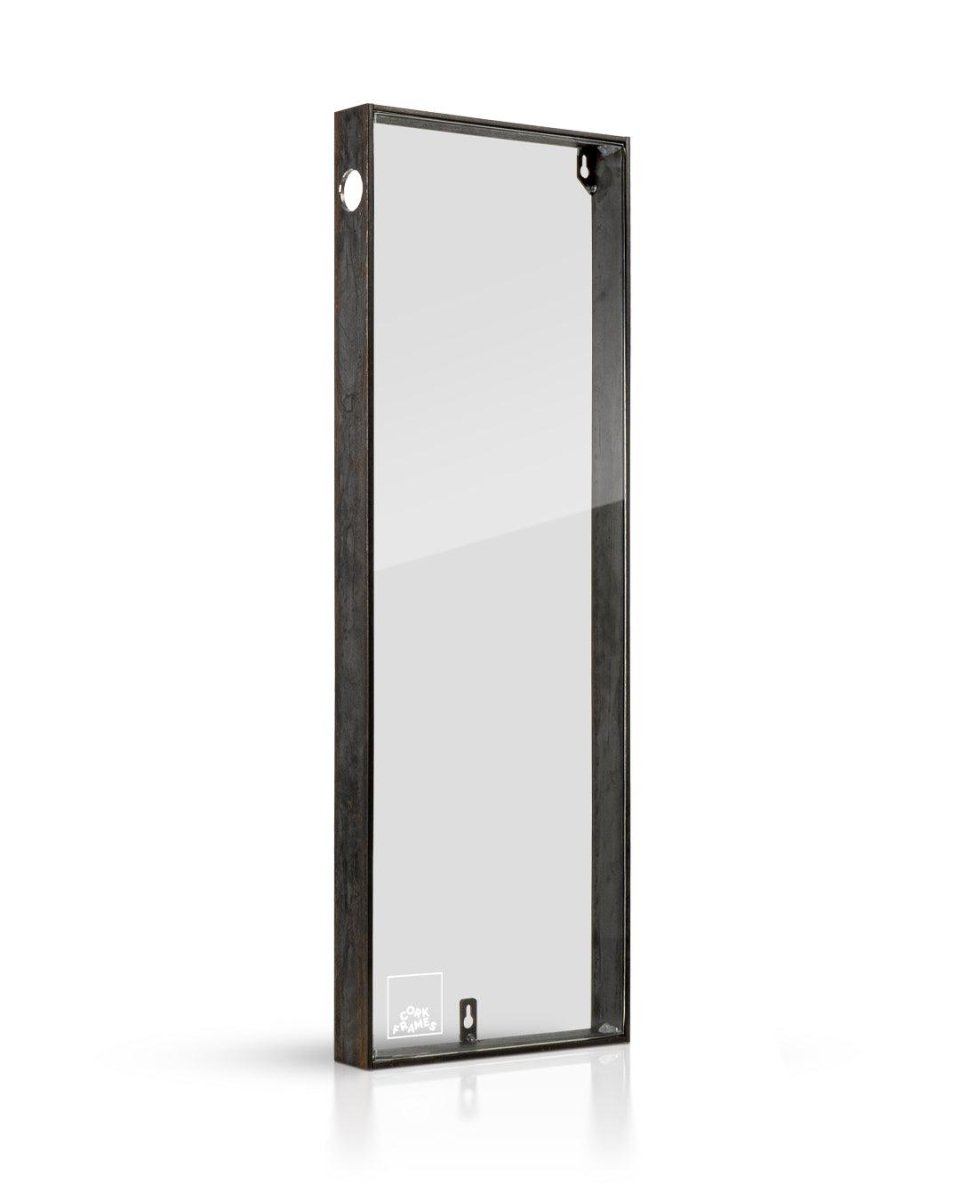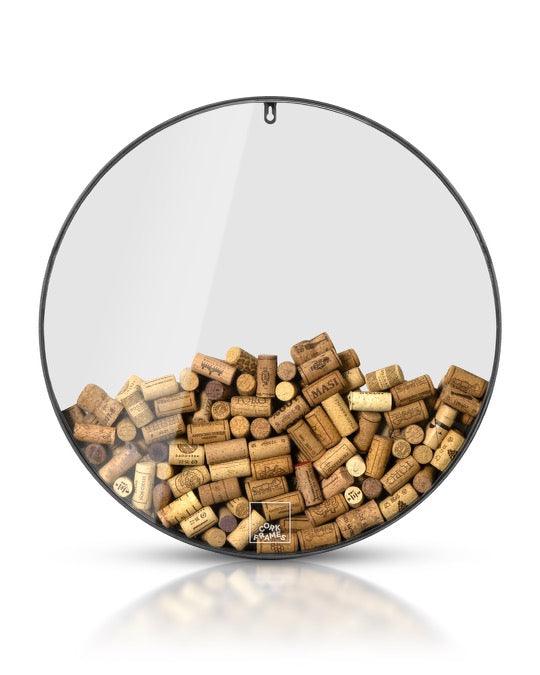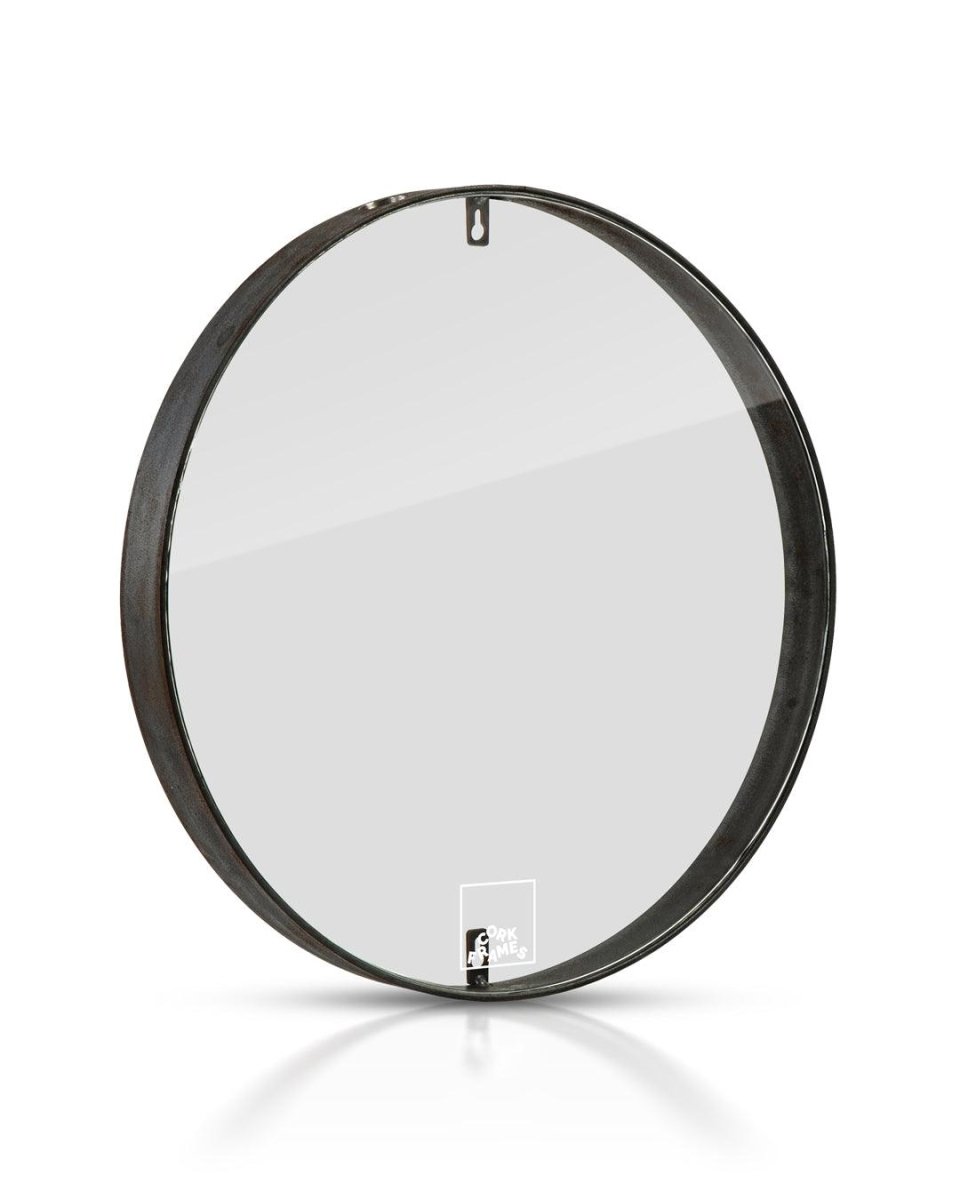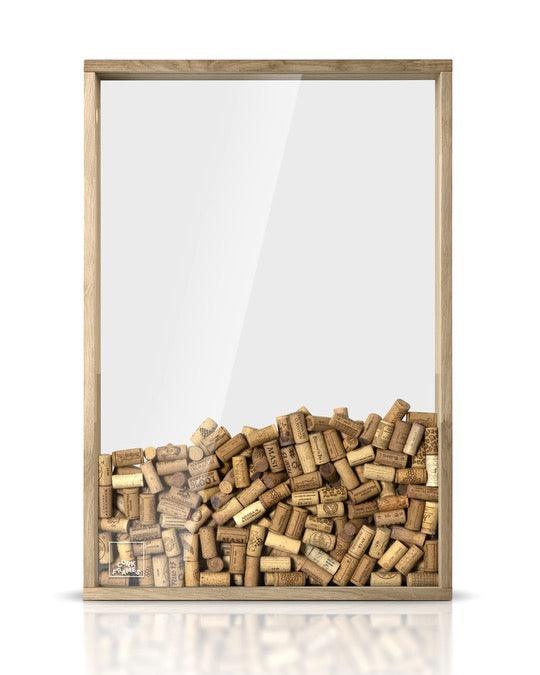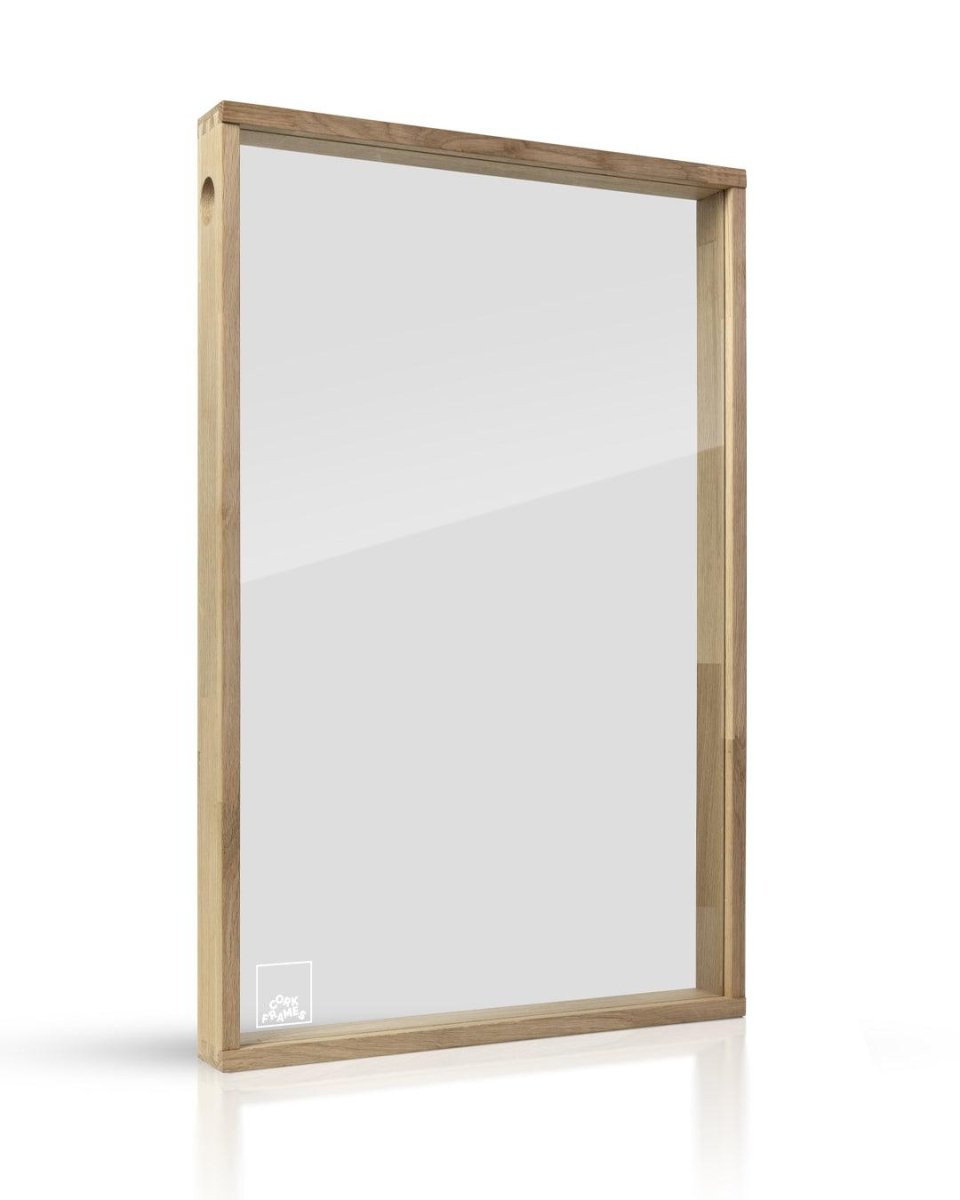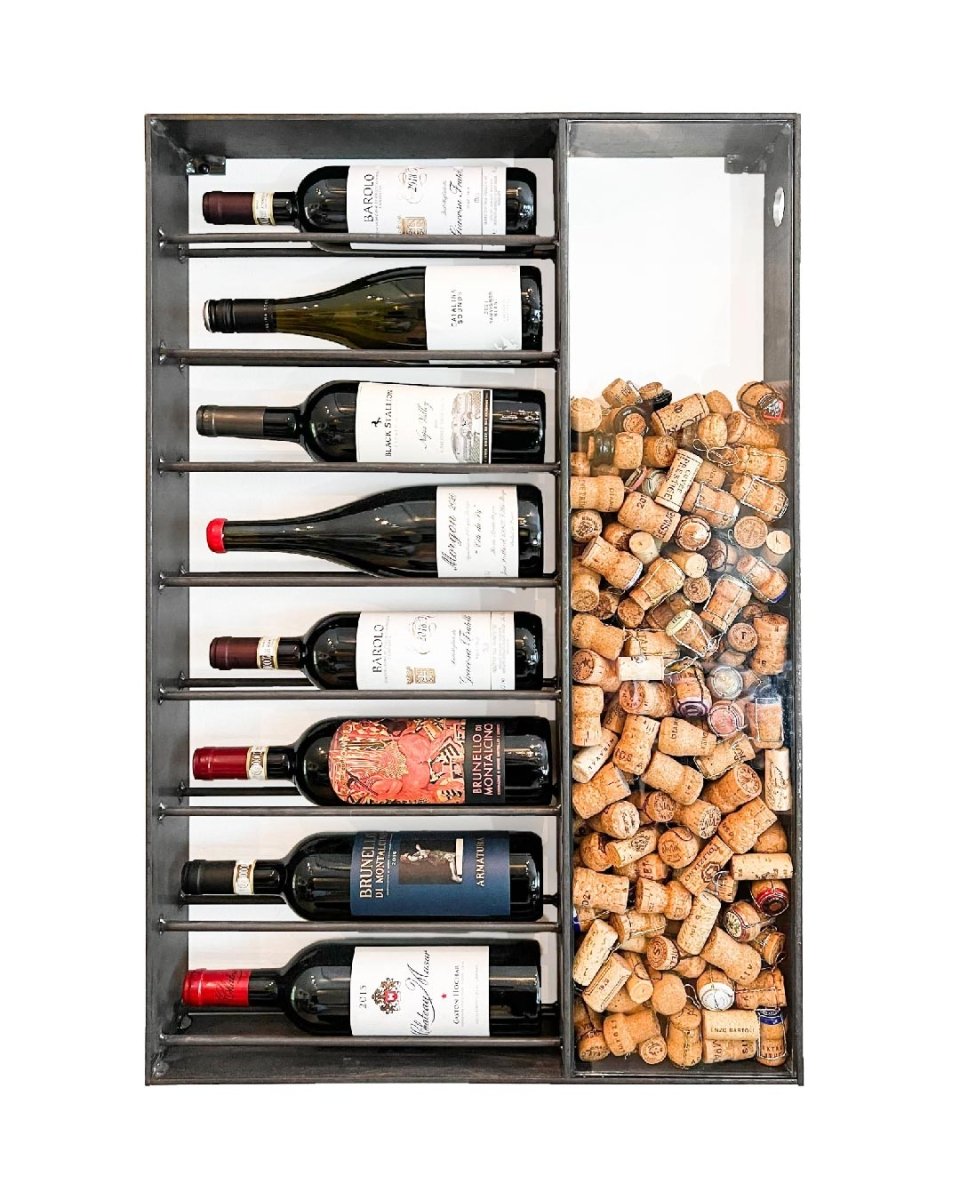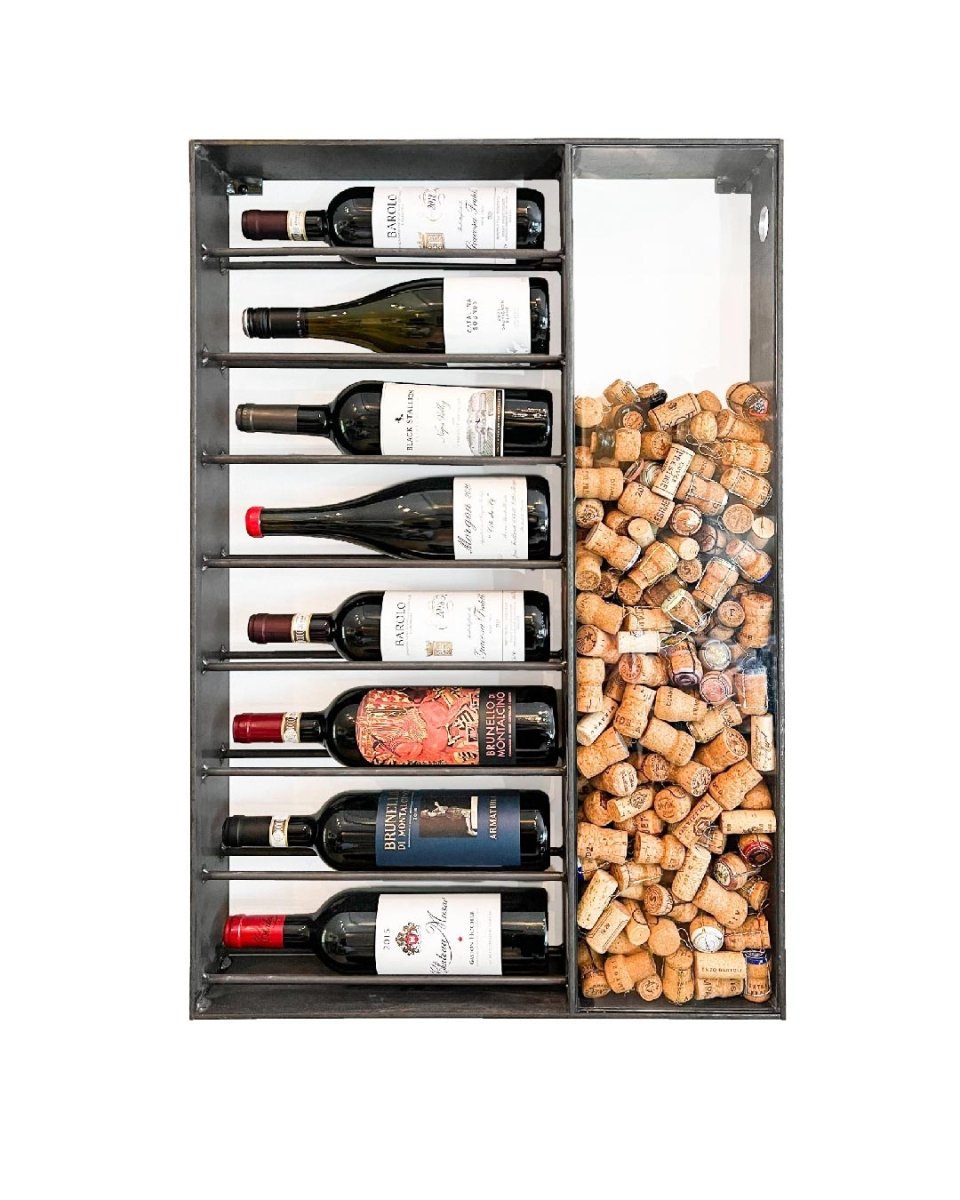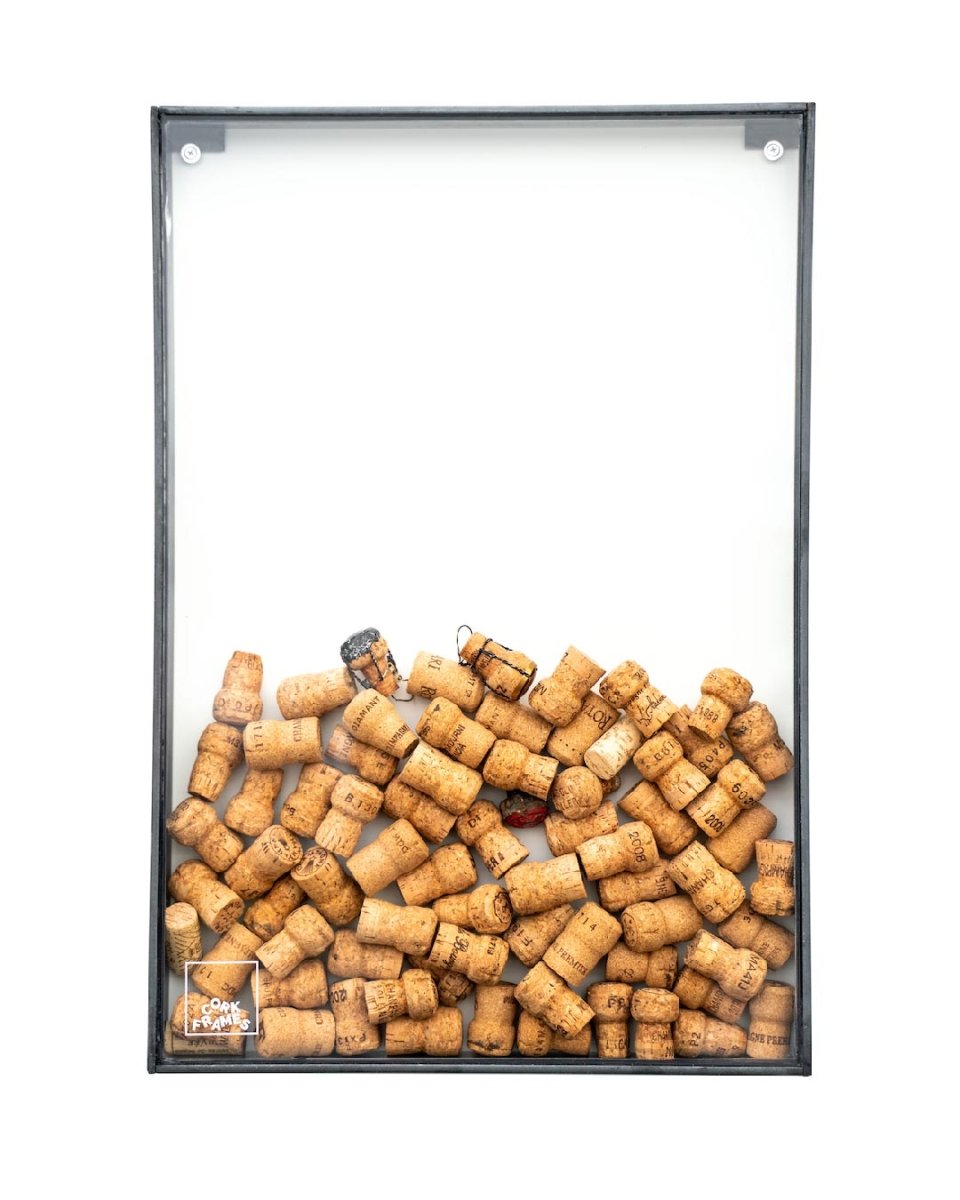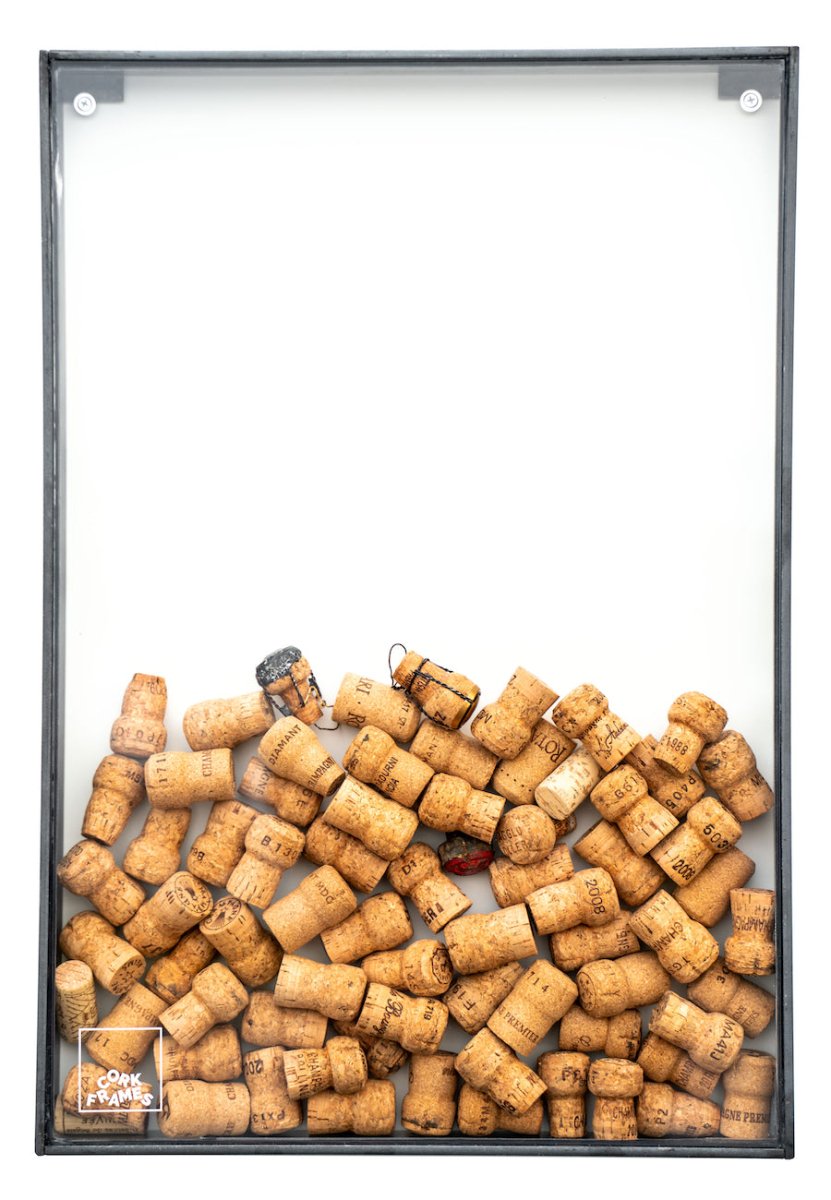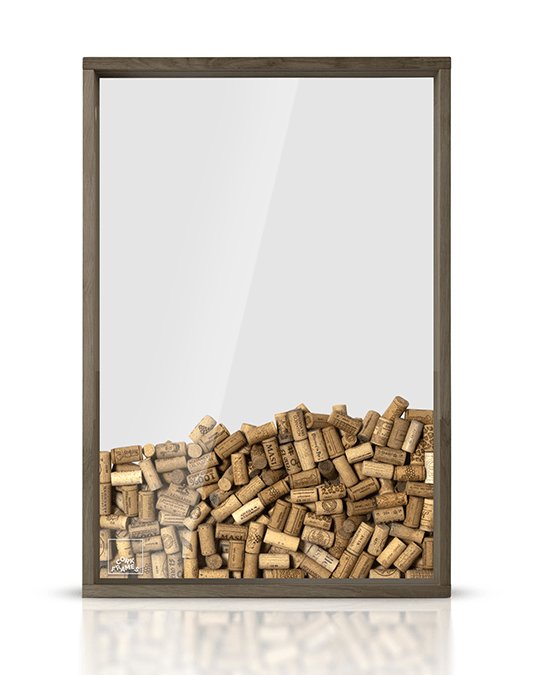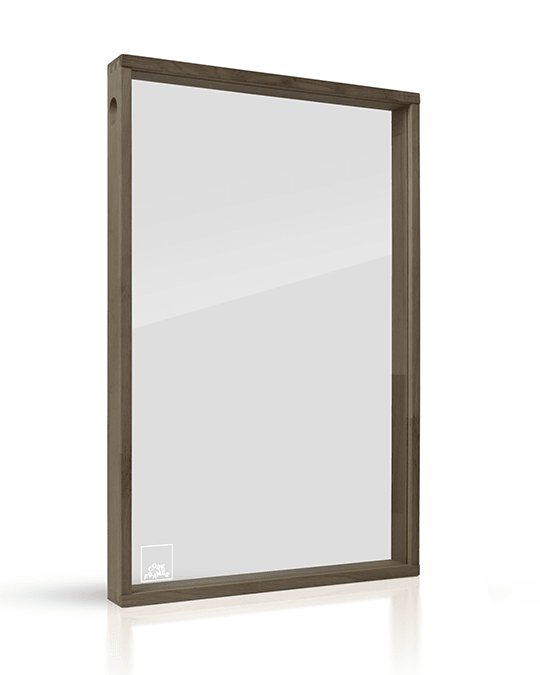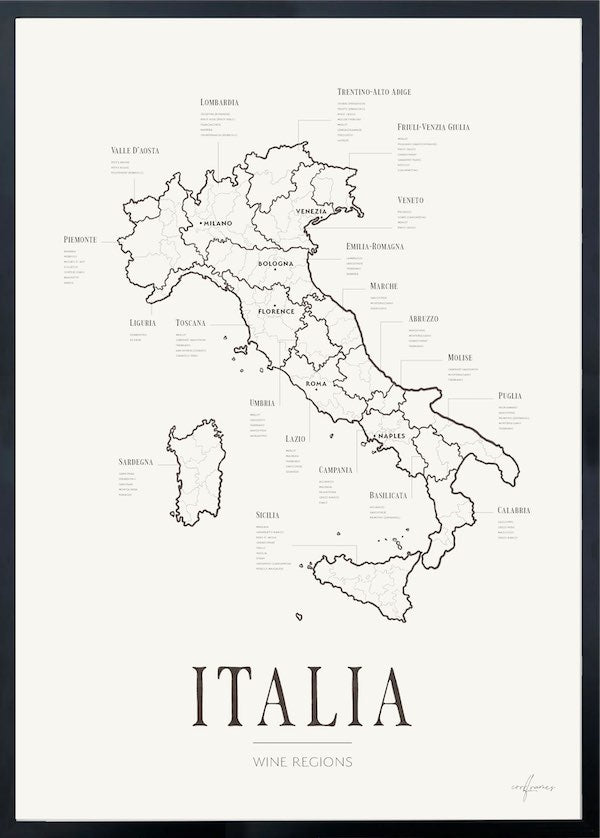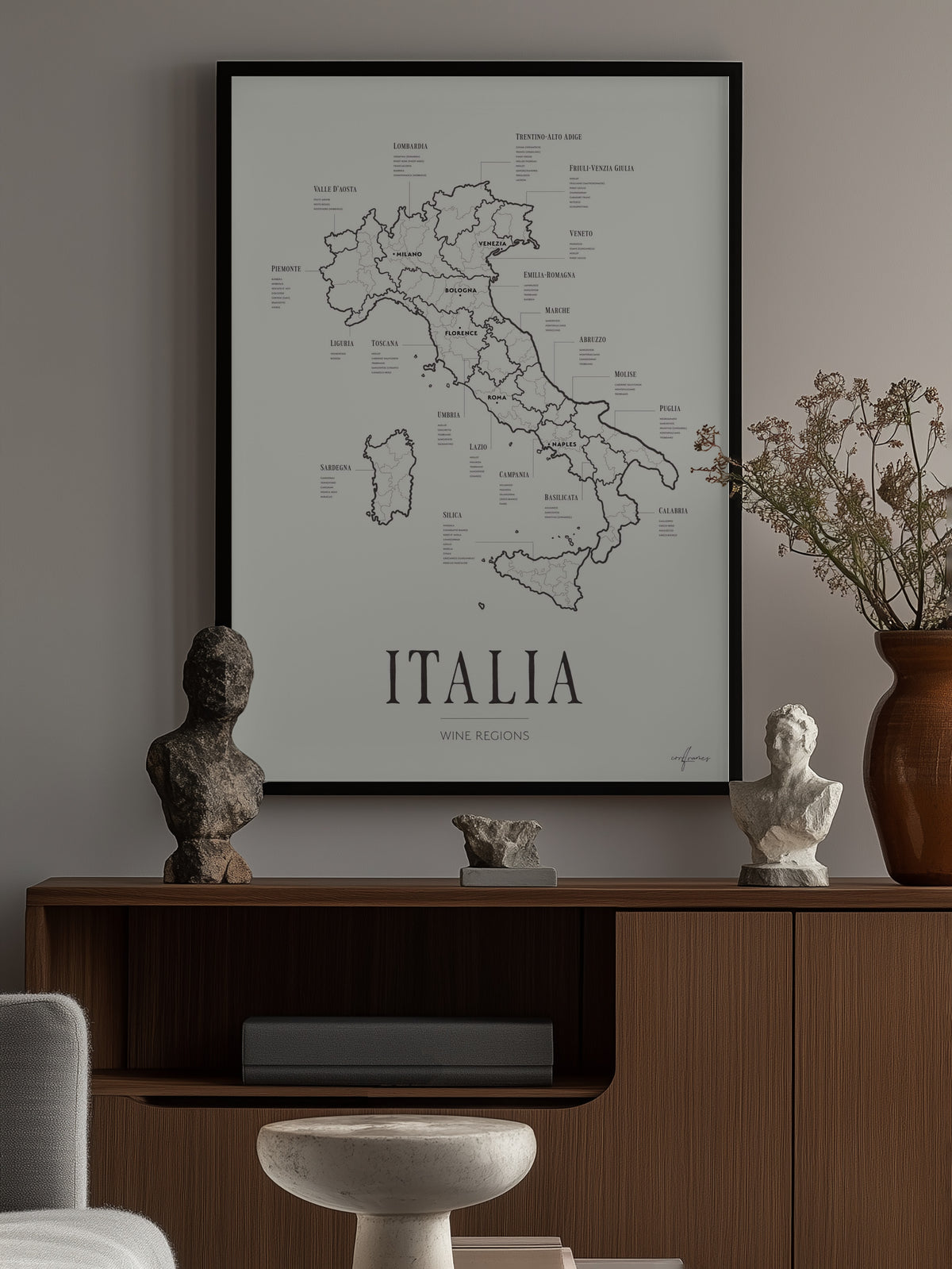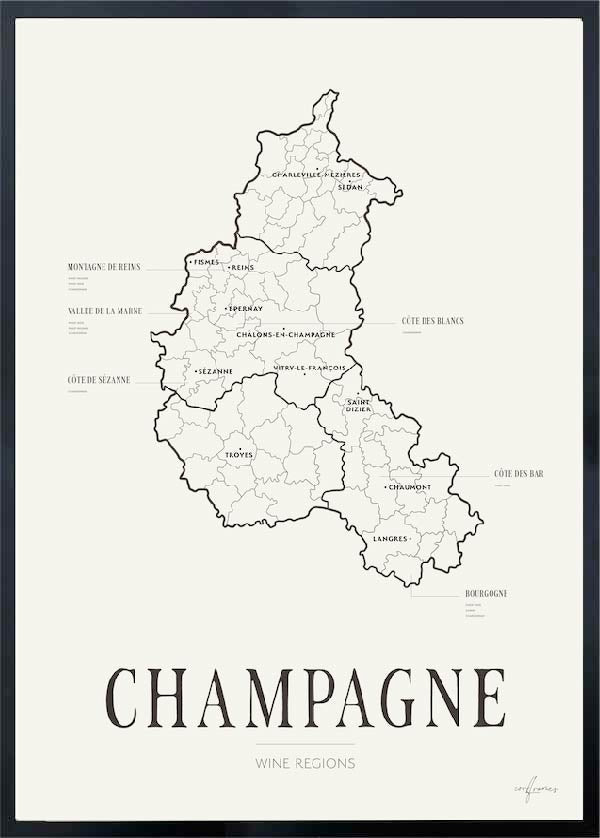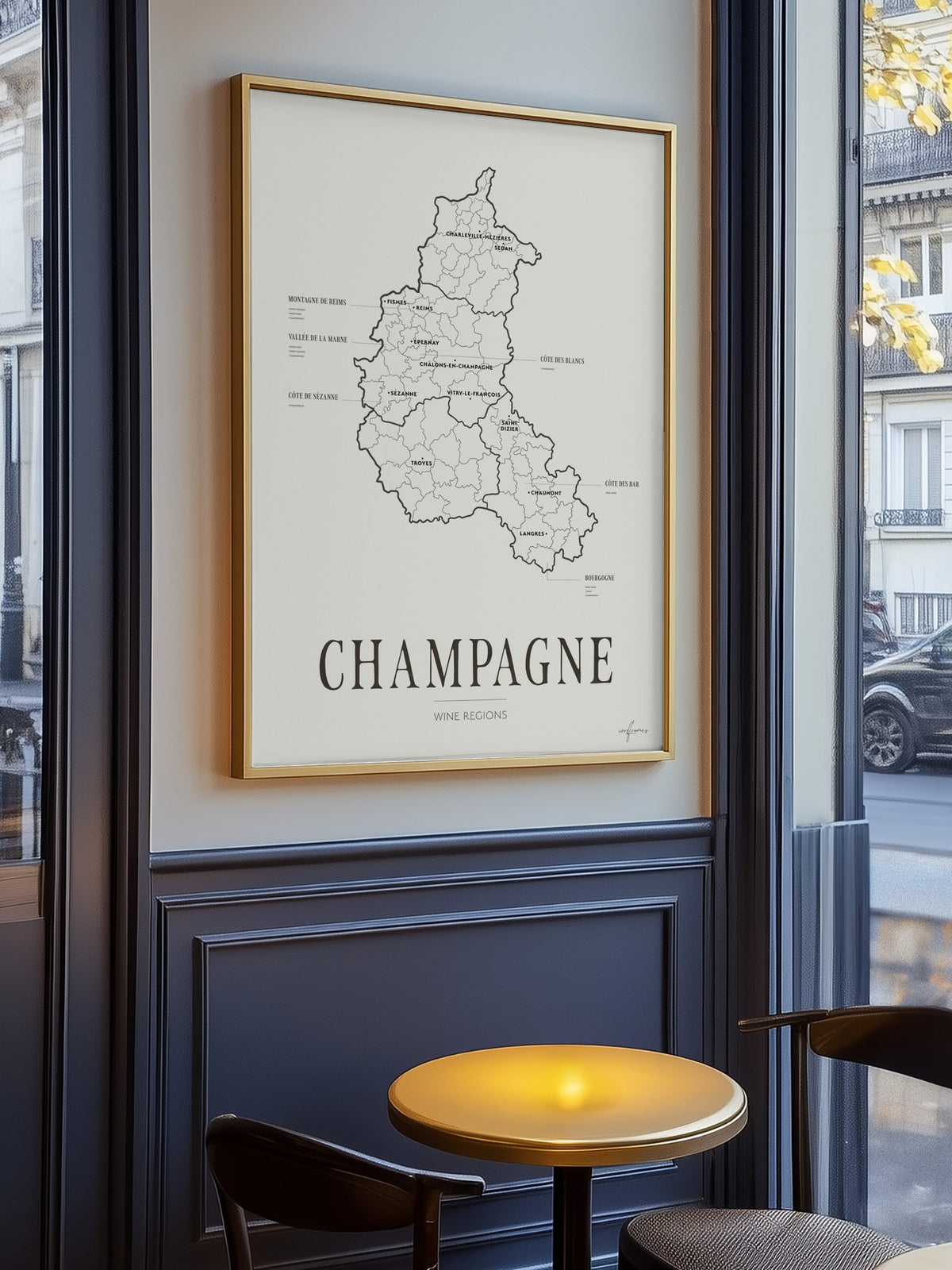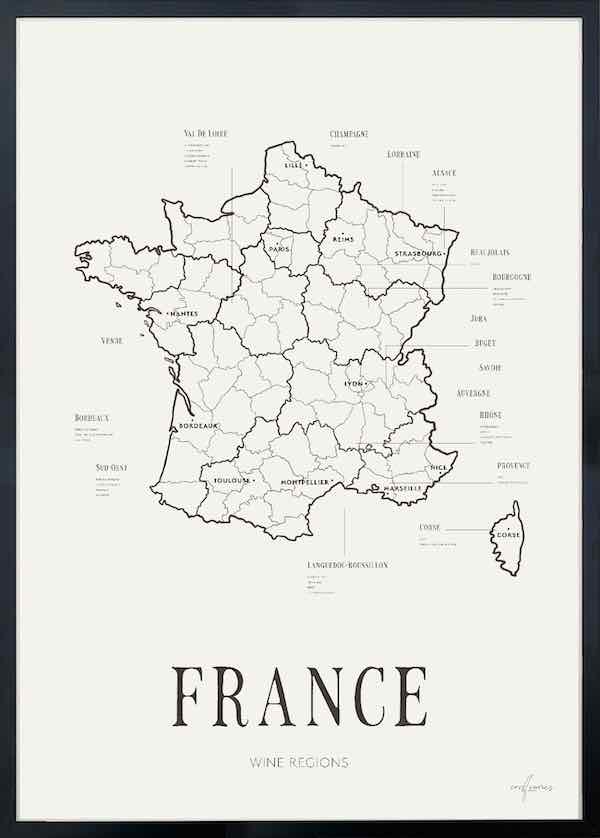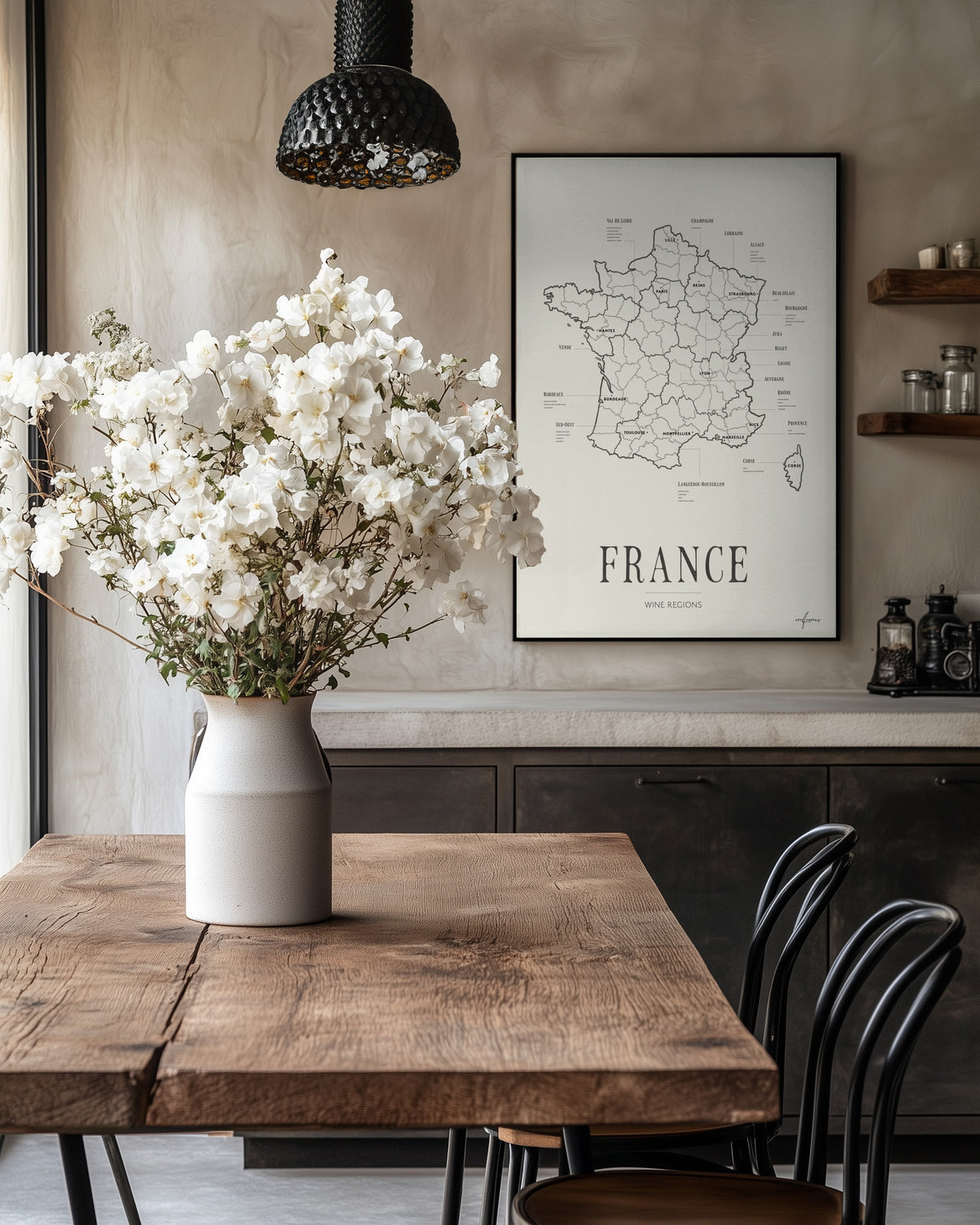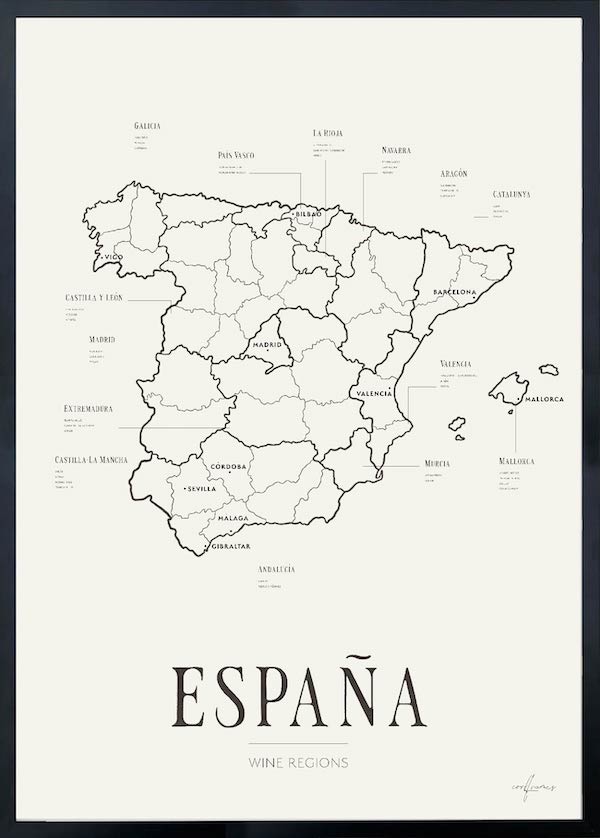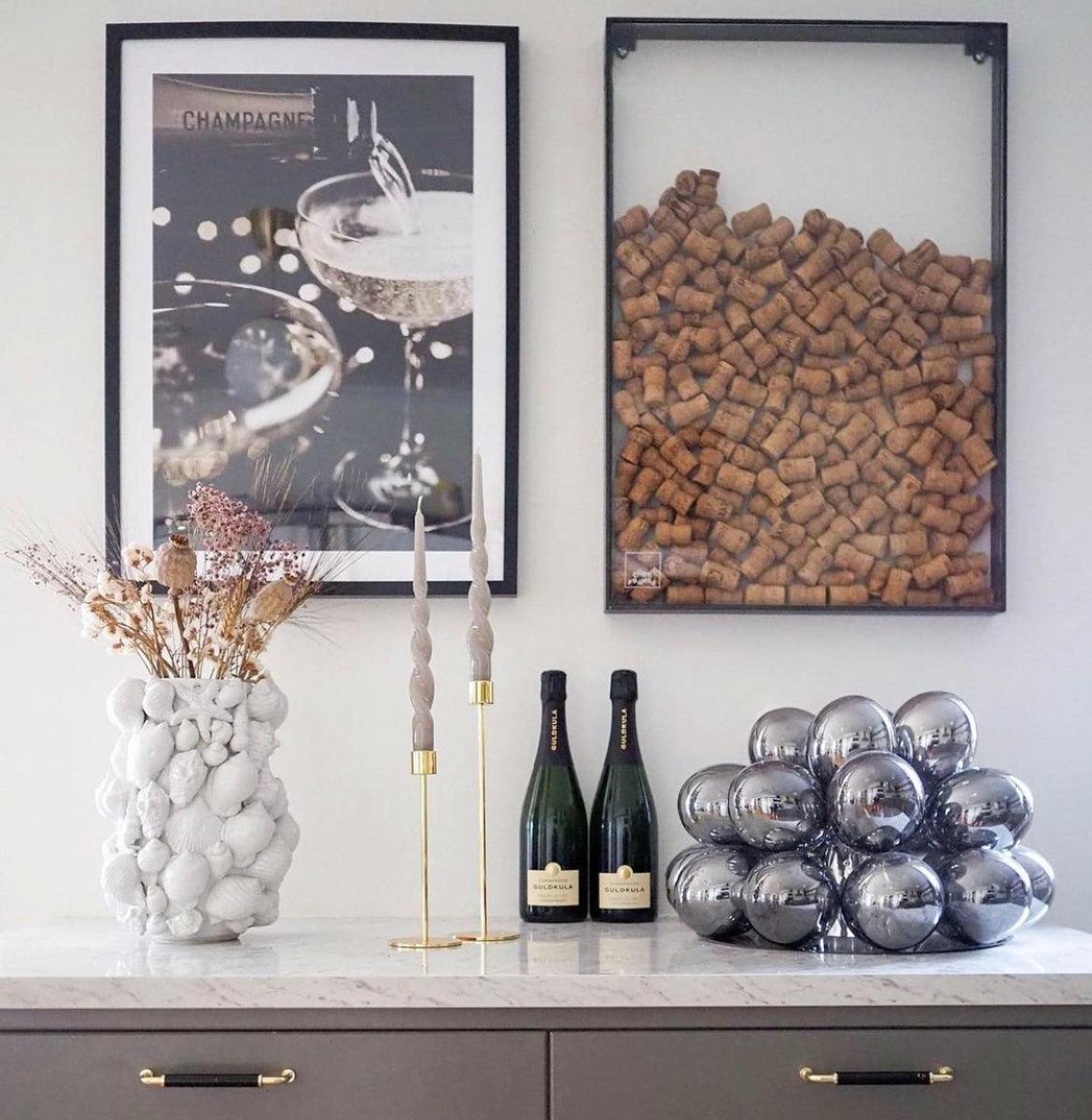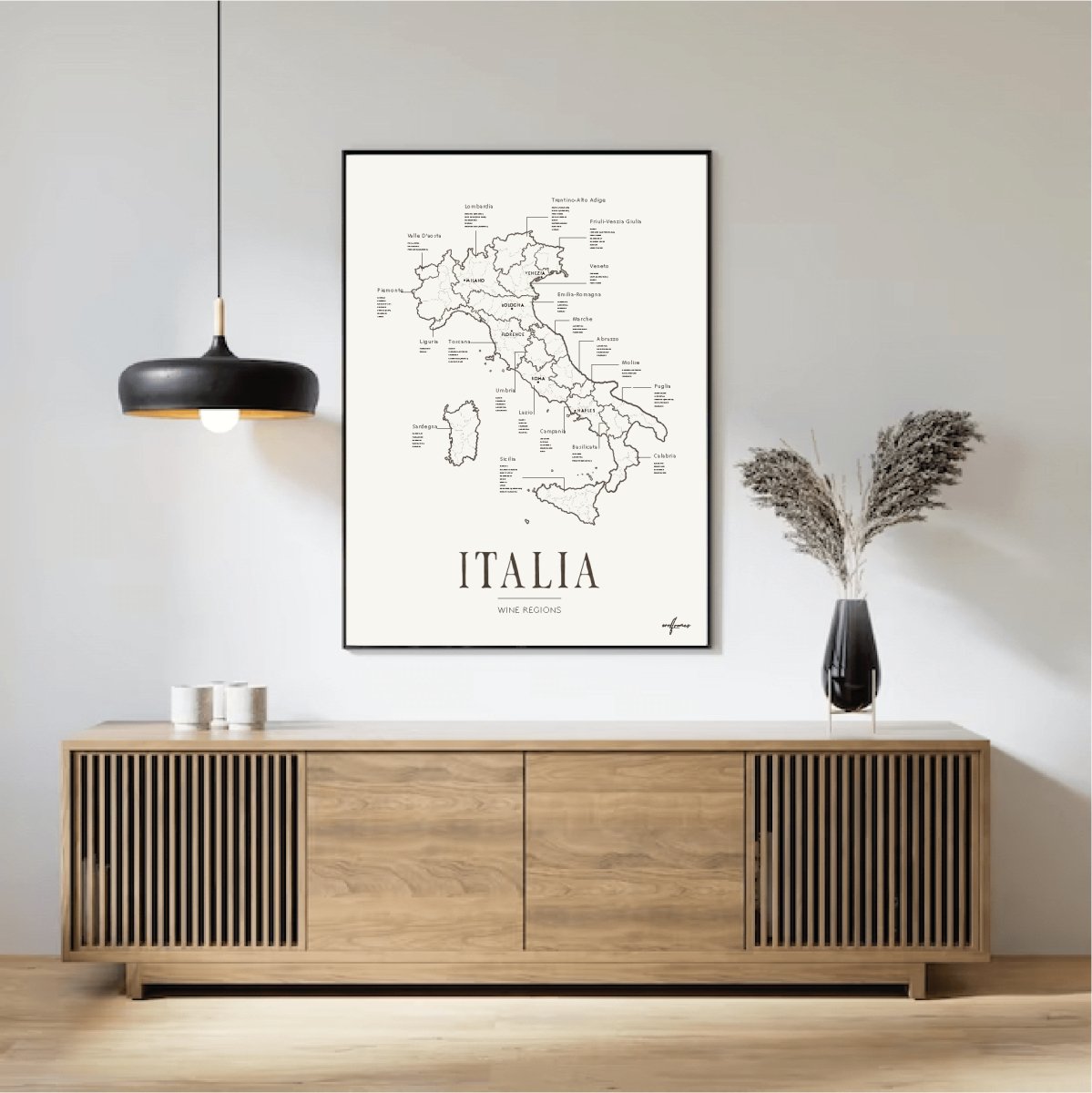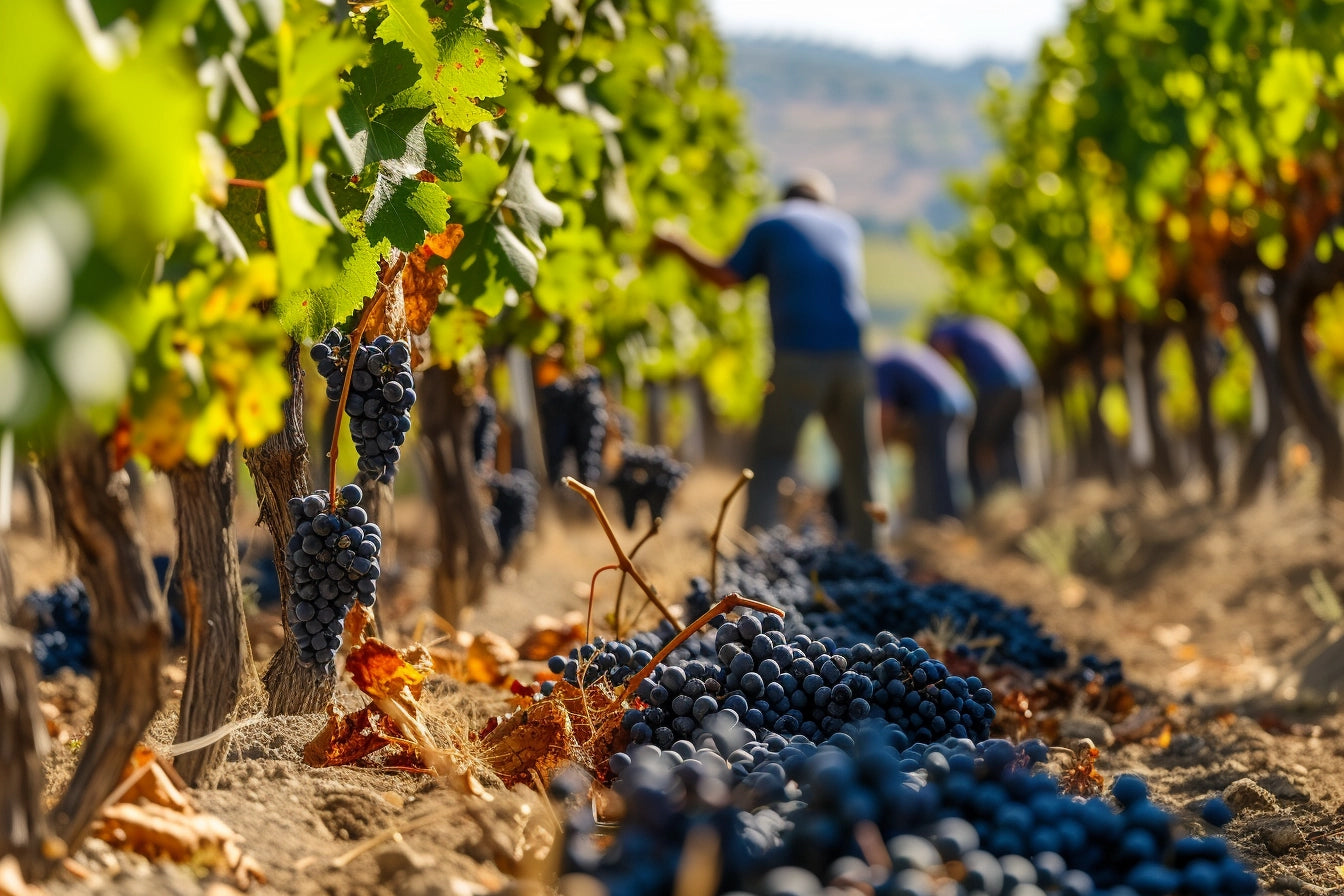If you've ever wondered “Can I serve lemon water with wine?” or “What water goes best with wine?” – you're not alone. It's a surprisingly common question, and the answer can make a big difference to your wine experience.
In this article, we’ll explain in simple terms why certain types of water – like lemon water or flavored sparkling water – can interfere with the taste of wine, and which water you should choose instead for the perfect pairing.
Lemon and Wine – A Bad Match
Lemon water might seem like a fresh and elegant choice, especially during a meal or tasting – but when wine is involved, it’s better left off the table. Lemon is highly acidic and contains essential oils that coat the mouth and alter the flavor profile of anything you taste afterward. Even just a small sip can flatten out the natural acidity of a white wine, or make a red wine taste unbalanced and sour.
The same goes for other citrus-infused waters, such as lime or orange, and even refreshing choices like cucumber or mint water. These natural flavors can be pleasant on their own, but next to wine, they risk overpowering the subtle aromas and tasting notes winemakers work so hard to achieve.
Sparkling Water – Proceed with Caution
Sparkling water can be a suitable companion to wine – but only in the right form. Strongly carbonated water, especially with a high mineral content, can dull the texture of both still and sparkling wines. For example, serving a bubbly wine like Champagne alongside fizzy mineral water can create a clash of bubbles, masking the elegance of the wine.
Still wines aren’t immune either. Sparkling water with pronounced mineral flavors – or any hint of saltiness – can alter the perceived structure and mouthfeel of a wine. So while sparkling water isn't off-limits, the type you choose matters.
Flavored Mineral Water – A Flavor Disruptor
Flavored water – even those labeled “natural” or “lightly infused” – almost always introduces additional taste elements that compete with wine. Whether it’s berry, citrus, herbs, or floral infusions, they disrupt the wine’s aroma and mouthfeel. A fruity Sauvignon Blanc might suddenly taste too sweet, or a crisp rosé may lose its refreshing bite.
In short: if the water tastes like something, it’s not the right choice next to wine.
The Best Water to Serve with Wine
So, what is the best water to drink with wine? The ideal water is still, neutral, and has a low mineral content. It’s there to cleanse your palate between sips without interfering with the wine’s taste. Look for bottled waters with minimal sodium and low mineralization – these are often labeled as “soft” or “light” mineral waters.
If you prefer something sparkling, go for very lightly carbonated water with fine bubbles and no added flavor. Keep it simple and subtle – just like the best wine pairings.
Summary – What Water Should You Serve with Wine?
Avoid:
-
Lemon water or other citrus-infused waters
-
Flavored water (even “naturally flavored”)
-
Strongly carbonated or mineral-rich water
-
Sparkling water with high sodium content
Choose instead:
-
Still, neutral-tasting water
-
Low-mineral, low-sodium water
-
Lightly carbonated water with fine bubbles and no flavor


